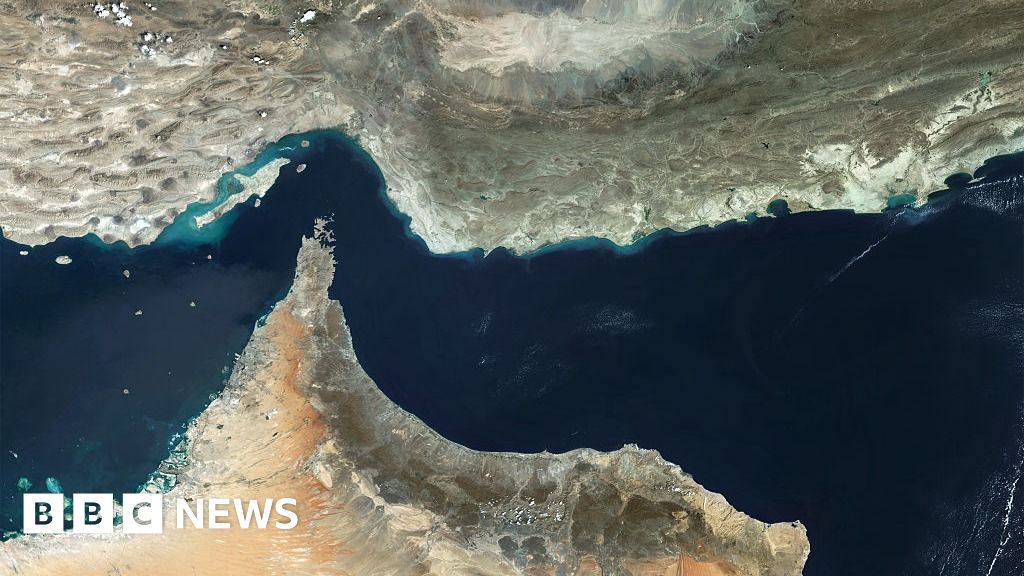After three sessions of gains, oil prices declined on Thursday when U.S. Federal Reserve Chair Jerome Powell reiterated his commitment to containing inflation, including the likelihood of additional interest rate increases. U.S. West Texas Intermediate crude (WTI) dropped 84 cents, or 1.2%, to $70.06 while Brent crude futures dropped 80 cents, or 1%, to $75.89 a barrel. On Wednesday, both crude benchmarks reached their highest closing price since March 14.
The stress in the banking sector, according to Powell, may lead to a credit crisis, which would have “severe” repercussions for the U.S. economy, which experts at the central bank of the United States said will contract even more this year than originally anticipated.
While everything is going on, U.S. Treasury Secretary Janet Yellen told senators on Wednesday that she has not thought about or discussed “blanket insurance” to U.S. banking deposits without consent from Congress as a method to lessen the commotion brought on by two significant bank collapses this month. As investors awaited the Fed’s decision on rate hikes on Wednesday, the bank crises over the past week have generated volatility trade in riskier assets like oil.
The central bank’s policy-setting committee unanimously decided to increase interest rates by another quarter of a percentage point, bringing the benchmark rate up to the range of 4.75% to 5.00%. Yet in doing so, it changed its forecast from being inflation-hawkish to being more cautious to take into account the possibility that changes in bank conduct would have an impact similar to the Fed’s own rate hikes.

